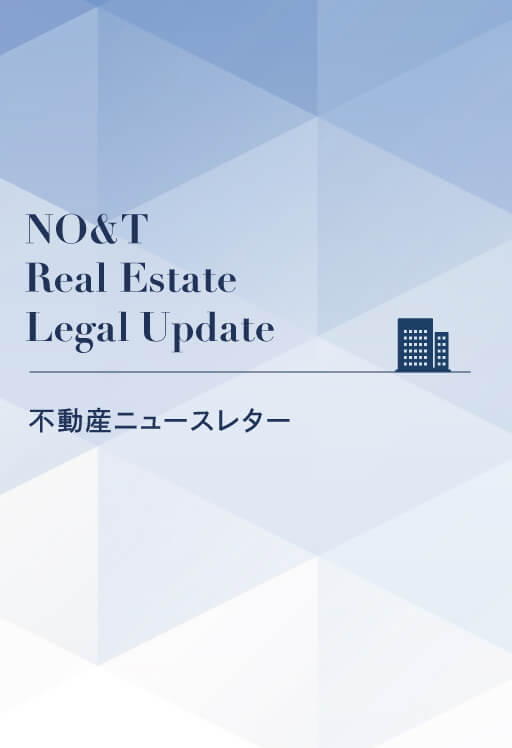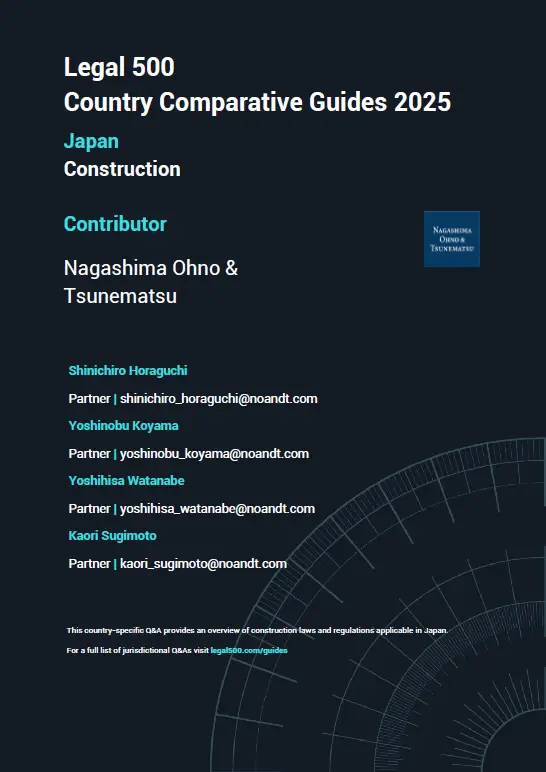
NO&T Asia Legal Review
In real estate transactions, it is common for the investors or land purchasers to conduct land due-diligence to confirm the accuracy, correctness, and originality of the land certificate and to obtain the relevant information related to the land, for instance: whether there is any encumbrance on the said land or whether the land is under dispute between relevant parties. In order to conduct the land check process, the applicants are required to submit an application to the land office where the plot of land is located. This procedure takes time as the applicants need to wait for the outcome, which can take 1-2 weeks depending on how fast the land office issues the result.
In order to streamline the land check process and to enhance the use of electronic-based information in keeping the record of land-related information, the Minister of Agrarian Affairs and Spatial Planning / Head of the National Land Agency (“BPN”) has established the Land Registration Certificate Service System. Following the introduction of the system, the BPN has issued Technical Guidelines No. 3/JUKNIS-HK.02/IV/2022 that will serve as a set of guideline and instruction for the use of such new system (“BPN Guidelines”). In general, the BPN Guidelines set out the mechanism of the application to obtain the Land Registration Certificate (“SKPT”) through the electronic system maintained by the BPN.
For online submission, the applicants shall go through the following procedures:
1. The applicant must register themselves on a web-based application maintained by the BPN.
2. The applicant must fill the relevant information related to the plot of land, such as: location, land certificate number, through the app;
3. The applicant must submit the scan copy of the land certificate, ID card, and power of attorney (if necessary);
4. Upon the receipt of application, the system will issue the payment instruction for the applicant to pay the official fees of issuance of SKPT. According to the Government Regulation No. 128 of 2015, the official fee for the issuance of SKPT is IDR 50,000 / SKPT;
5. The applicant must pay the SKPT fee within 3 calendar days from the issuance of the payment instruction, otherwise the application will be automatically cancelled and the applicant will be required to submit a new application;
6. Once the payment is confirmed by the system, the application will be processed by the BPN officer by conducting a verification of the documents submitted and the information filled by the applicant;
7. If all documents are deemed sufficient and confirm with the data maintained by the BPN, the BPN will issue the SKPT to the applicant;
8. However, if the documents are not sufficient or the information is not in line with the data maintained by the BPN, the BPN will invite the applicant to directly visit the BPN to bring over the required documents for validation purpose. After the manual validation is completed, the BPN will issue the SKPT to the applicant.
While the new online system has been introduced, the BPN Guideline stipulates that applicants are still allowed to directly submit the application for issuance of SKPT at the BPN office. So far, there is no clarity as to whether the BPN will completely shift to online application.
Based on our discussion with some Land Deed Officers (PPAT) in Jakarta, it is correct that now SKPT can be applied through the online system administered by the BPN. However, the integration from manual (offline) data to electronic data has not been fully synchronized, hence in some cases the PPAT are still required to visit BPN office for validation purpose. Even though it may take some time for the government to complete the integration of the land data, the shifting to electronic system can be considered as a major development to expedite SKPT process in Indonesia so that the relevant parties do not need to physically visit the BPN office and can obtain the SKPT in a relatively shorter time.
This newsletter is given as general information for reference purposes only and therefore does not constitute our firm’s legal advice. Any opinion stated in this newsletter is a personal view of the author(s) and not our firm’s official view. For any specific matter or legal issue, please do not rely on this newsletter but make sure to consult a legal adviser. We would be delighted to answer your questions, if any.


Makoto Saito, Shinichiro Horaguchi, Yoshihisa Watanabe, Ramsay Randall (Co-author)


Makoto Saito, Shinichiro Horaguchi, Yoshihisa Watanabe, Ramsay Randall (Co-author)


Takehito Matsumoto


Takashi Itokawa, Takahiro Kitagawa (Co-author)


Makoto Saito, Shinichiro Horaguchi, Yoshihisa Watanabe, Ramsay Randall (Co-author)


Makoto Saito, Shinichiro Horaguchi, Yoshihisa Watanabe, Ramsay Randall (Co-author)


(April 2025)
Shinichiro Horaguchi, Yoshinobu Koyama, Yoshihisa Watanabe, Kaori Sugimoto (Co-author)


(December 2024)
Mami Ikebukuro, Kenji Utsumi, Makoto Saito, Shinichiro Horaguchi, Yoshihisa Watanabe (Co-author)


Patricia O. Ko


Ngoc Hoang


Yuan Yao Lee


Chattong Sunthorn-opas, Thunsinee Sungmongkol (Co-author)


Patricia O. Ko


Ngoc Hoang


Yuan Yao Lee


Chattong Sunthorn-opas, Thunsinee Sungmongkol (Co-author)


Ario Putra Pamungkas


Yoichi Maekawa


Anastasia Jessica Maureen


Luciana Fransiska